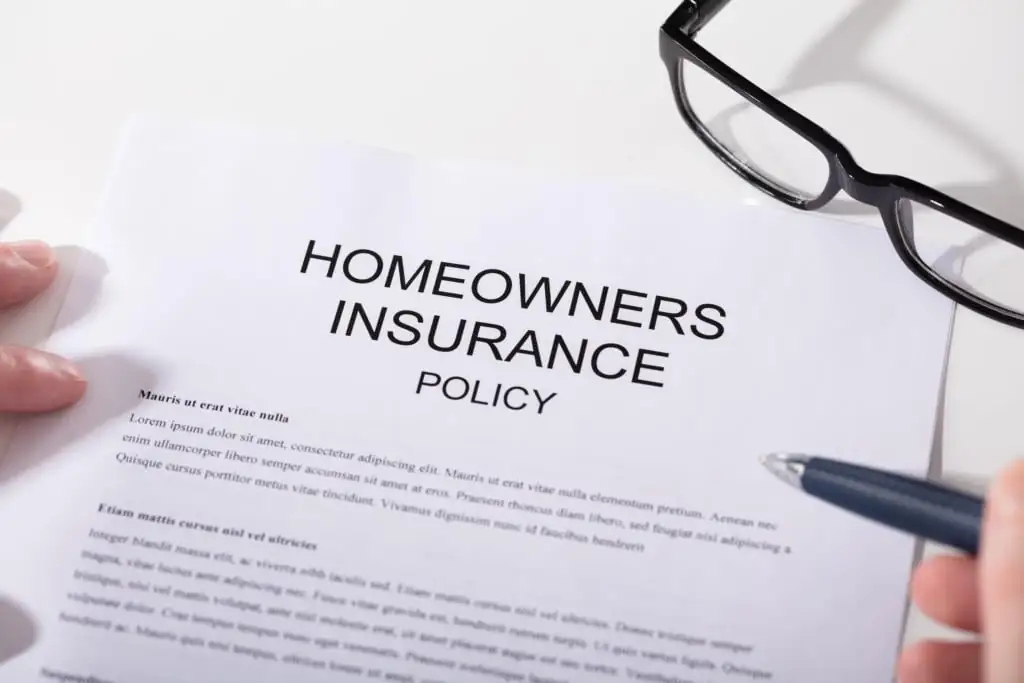Florida Hurricane Season Damage? Protect Yourself from Bad Faith
Hurricane season is no joke in Florida. Every year, thousands – or even millions – of Floridians face damage to their homes, ranging from total destruction to more minor damages such as roof repairs.
The peak of Florida hurricane season is just about over, and it’s been interesting so far. You may have already been hit, or you could face damages before we breathe a collective sigh of relief when the season finally comes to a close.
Due to the threat of Florida hurricanes, the majority of Floridians hold some kind of hurricane insurance policy. As a policyholder, you are paying for the peace of mind that comes with trusting that your insurer will pay damages covered in your policy if the worst were to happen.
However, the unfortunate reality of insurance is that it’s not in the insurer’s best business interest to pay out a claim unless they are absolutely legally obligated. In fact, some insurers use sneaky tactics to keep from paying out claims for covered damages, or to avoid paying the full amount.
These tactics, collectively, are known as bad faith insurance. Before you accept a payout or settlement (or claim denial), you should be aware of what bad faith insurance looks like, and how to prevent it. Further, if you have already fallen victim to bad faith insurance, you are still not powerless. It may be possible to file a bad faith insurance claim.
Below we cover what bad faith insurance is, as well as how to spot and prevent it. We also cover how to initiate a bad faith insurance claim in the event that you have already fallen victim to these practices.
What Is Bad Faith Insurance in Florida?
Insurers owe policyholders a number of duties, some of which depend on the type of insurance. Your homeowner’s insurance owes you the following duties as a policyholder:

- Properly investigate claims and provide their findings and valuation
- Pay settlements at the appropriate value for damages, and up to the limit of the policyholder’s coverage when appropriate
- Investigate and pay out claims in a timely manner
Failure to meet any of these duties may be considered bad faith insurance.
Signs of Florida Bad Faith Insurance
As a policyholder, you may wonder if your insurance company is acting in good faith, and what to watch for.
The following may be signs of bad faith insurance:
- Denying, discounting, or delaying payment without a reasonable explanation
- Failure to acknowledge and promptly reply to a covered claim
- Failure to pay a covered claim as a result of failing to do a thorough investigation of the damages and provide a reasonable valuation
- Failure to affirm or deny coverage in a timely manner after receipt of claim and/or proof of damages
- Attempting to settle a claim for less than the amount a reasonable policyholder believes he or she would be entitled to
- Attempting to settle a claim on the basis of an application or policy that was changed without notifying the policyholder
- Requesting unreasonable documentation demands not specified in the policy
- Unjustified underestimate of the value of a loss
If you observe any of these practices, or suspect for whatever reason that something may not be right, it’s possible that your insurer is engaging in bad faith insurance practices.
Fortunately, there are many things you can do as a policyholder to prevent and fight back against bad faith insurance:
- Read your policy carefully: Before the need to file a claim even arises, you should read your policy carefully to know exactly what is covered and how to appeal a denial.
- Be careful when filling out forms: Make sure that forms are fully accurate. Your insurer could use even an honest mistake as a basis to retroactively deny coverage.
- Do not cash a premium refund check: If your insurer rescinds your insurance, they may send you a refund for the premiums you paid. Cashing this check could be viewed as accepting this decision.
- Put everything in writing: Keep written records of all bills and correspondence. If possible, communicate with your insurance company in writing rather than over the phone.
- Contact your state insurance department: The Florida Office of Insurance Regulation has a number of resources available to help you if you are struggling with your insurer.
What to Do If You Are a Victim of Florida Bad Faith Insurance
If you feel you are a victim of bad faith insurance, all hope is not lost. If you feel that you’ve exhausted all options of working with your insurance company, it may be appropriate to file a bad faith insurance claim.
An insurance lawyer or personal injury attorney will be helpful in determining if a lawsuit is appropriate, and in helping you to take appropriate action to get the coverage you deserve.
About the Author:
Since 1994, seasoned litigation and trial lawyer Anthony B. White has helped thousands of accident victims seek damages due to injuries sustained as a result of another party’s negligence. Included in America’s Registry of Outstanding Professionals and selected to the 2012, 2013, and 2014 editions of Florida Super Lawyers, Mr. White specializes in car accidents, insurance disputes, wrongful death, product liability, and medical malpractice cases. He is a longstanding member of the Florida Justice Association and the American Association for Justice and currently sits on the Board of Directors of the Broward County Justice Association.

